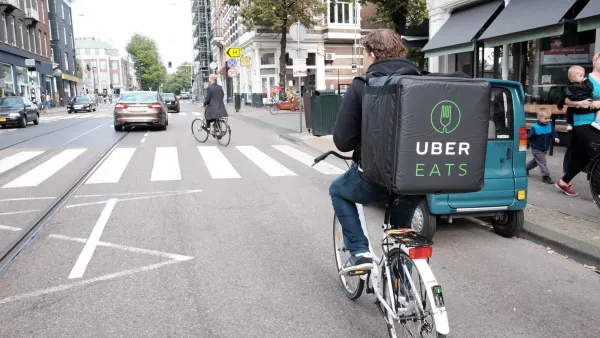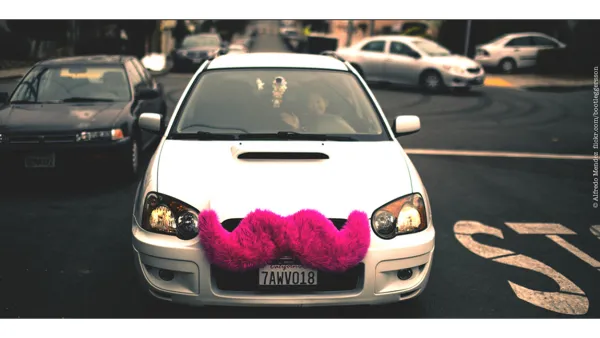Money, not trust, is the driving force behind the willingness of so many people to open their doors to the sharing economy, according to one writer.
Kevin Roose has penned a response to an earlier article by Jason Tanz in Wired about how the sharing economy encourages trust between strangers. "Tanz's thesis isn't wrong — these innovations have certainly made a difference. But it leaves out an important part of the story. Namely, the sharing economy has succeeded in large part because the real economy has been struggling," writes Roose.
"A huge precondition for the sharing economy has been a depressed labor market, in which lots of people are trying to fill holes in their income by monetizing their stuff and their labor in creative ways. In many cases, people join the sharing economy because they've recently lost a full-time job and are piecing together income from several part-time gigs to replace it."
Roose includes a number of charts documenting the depressed state of the job market, as well as some links to other writers' thoughts on the benefits of the shared economy to its users (on either side of the exchanges facilitated by the software of companies like Uber and Airbnb).
FULL STORY: The Sharing Economy Isn’t About Trust, It’s About Desperation

Analysis: Cybertruck Fatality Rate Far Exceeds That of Ford Pinto
The Tesla Cybertruck was recalled seven times last year.

National Parks Layoffs Will Cause Communities to Lose Billions
Thousands of essential park workers were laid off this week, just before the busy spring break season.

Retro-silient?: America’s First “Eco-burb,” The Woodlands Turns 50
A master-planned community north of Houston offers lessons on green infrastructure and resilient design, but falls short of its founder’s lofty affordability and walkability goals.

Test News Post 1
This is a summary

Analysis: Cybertruck Fatality Rate Far Exceeds That of Ford Pinto
The Tesla Cybertruck was recalled seven times last year.

Test News Headline 46
Test for the image on the front page.
Urban Design for Planners 1: Software Tools
This six-course series explores essential urban design concepts using open source software and equips planners with the tools they need to participate fully in the urban design process.
Planning for Universal Design
Learn the tools for implementing Universal Design in planning regulations.
EMC Planning Group, Inc.
Planetizen
Planetizen
Mpact (formerly Rail~Volution)
Great Falls Development Authority, Inc.
HUDs Office of Policy Development and Research
NYU Wagner Graduate School of Public Service



























